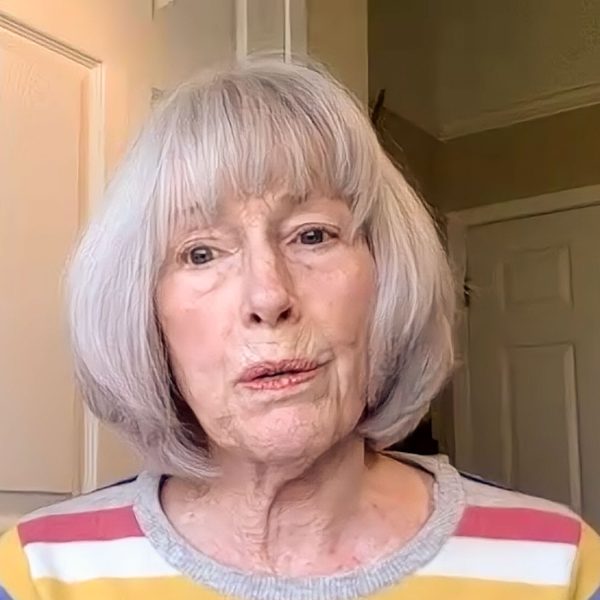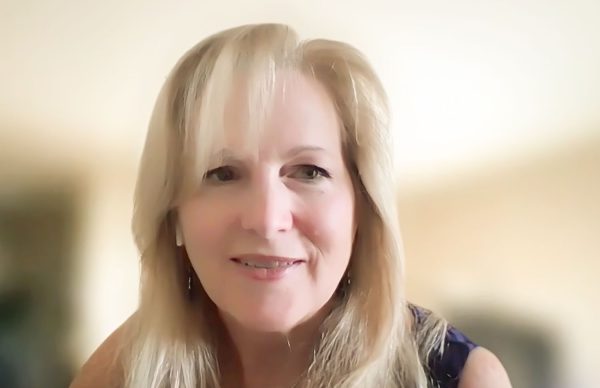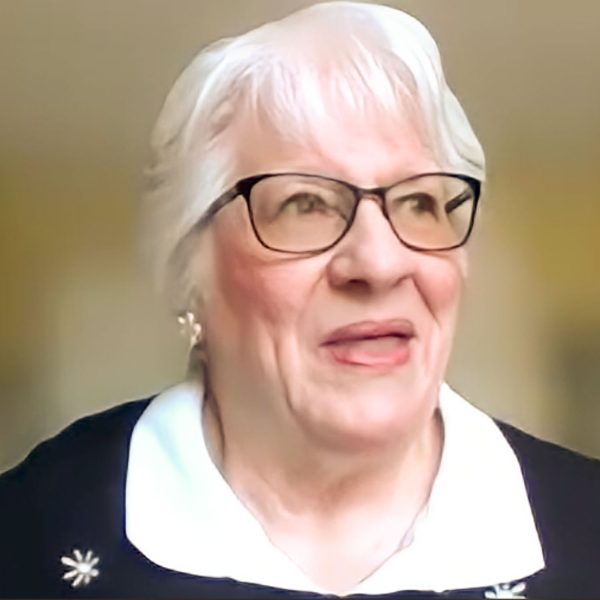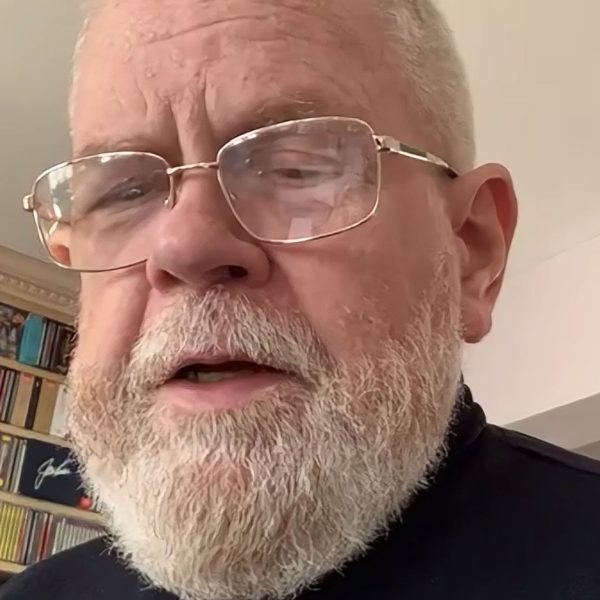

At 12:28, Dawn Johnson opened the Zoom only meeting and reminded attendees to put their name in the chat for attendance purposes. President Ouimet started the meeting and Tom Strode led us in our patriotic song but technical difficulties impeded us from hearing it. Shelly MacMillan provided the inspiration reflecting on grief experienced due to the recent tragic events at MSU and in Turkiye. She also read this passage from a Carpenters song:
“Bless the beasts and the children,
For in this world they have no voice,
They have no choice.
Bless the beasts and the children,
For the world can never be,
The world they see.
Light their way
When the darkness surrounds them;
Give them love, let it shine all around them.
Bless the beasts and the children;
Give them shelter from a storm;
Keep them safe;
Keep them warm.”
President Ouimet led the meeting in a moment of silence for the MSU students who were tragically murdered. Another moment of silence was held for the passing of Damian Farrell.
Dennis Powers encouraged members to use Rent-A-Rotaractor as these funds assist in covering the travel costs for Rotaractor’s international work. Use the google form in the Rotarian to sign up. Be creative with the work you need done.

Don Duquette declared that we add “Reject” to the Reduce, Reuse, Recycle mantra as part of the Environmental Action Group’s initiative to promote sustainability. He encourages members to reject plastic. Check it out in this video: https://www.youtube.com/watch?v=-DEc16dEMns
The musical selection was provided by Marlena Studer who shared “Wade in the Water” video.

https://www.youtube.com/watch?v=7_euSS86dvE
Marcia Lane shared information from the Peace Committee members who are seeking nominations for the 2023 Robert S. Northrup awards. Nominations can be made by any RCAA member, other area & regional Rotary club members, or a person from the community at large. Nominations should include: 1) contact information, 2) discussion of how the nominee has met the criteria of “sustainable contribution to the humanitarian efforts”; and 3) contact information of the nominator.

Nominations are due February 27 as an email with the word “Northrup” in the subject to nsarkar@umich.edu. Nominations will be considered by a panel of Rotarians and community leaders. The awardee will make a presentation and be presented the award on April 26, 2023.

David Keren reported from the International Humanitarian Committee that Mary Avrakotos is currently in Sierra Leone along with Cheryl Farmer of the Ypsilanti Rotary Club. They are working the certification process with teachers who can be paid once they are certified. Mary met with the Freetown Rotary Club including their general assembly.
Dennis Powers provided the introduction to today’s speaker, Carol Mull, Founding Member and Past Chair of the

Michigan Freedom Trail Commission whose presentation was entitled “The Underground Railroad in Michigan”. Powers shared that the Underground Railroad is the story, prior to the Civil War, of active resistance to enslavement on the part of Black men and women, through escape and flight — first to communities in remote or rugged terrain on the edge of settled areas and eventually across state and international borders. Slaves who engaged in such acts of self-emancipation often were referred to as “fugitives,” “escapees,” or “runaways.” In truth, “freedom seeker” is a more accurate description. Many freedom seekers began their journey unaided. Many completed their self-emancipation without assistance. But, in each subsequent decade during which slavery was legal in the United States, there was an increase in active efforts by sympathetic people to assist freedom seekers in realizing their dream. The decision to assist a freedom seeker may often have been spontaneous. However, especially after the Fugitive Slave Act of 1850 was enacted, these efforts became increasingly deliberate and organized. People of all races, classes, and genders participated in this widespread form of civil disobedience. Freedom seekers went in many directions – Canada, Mexico, Spanish Florida, Indian territory, the West, Caribbean islands and Europe. Dennis grew up in Kentucky. Kentucky was a border state in the decades leading up to the Civil War, populated by both supporters and opponents of slavery, but across Kentucky’s northern border along the Ohio River lay initial sanctuary for freedom seekers. True sanctuary only awaited them in Canada. But Ohio and Indiana were stepping stones to freedom. That is why the National Underground Railroad Freedom Center & Museum is located today in Cincinnati. Michigan is far removed from the Ohio River crossings that freedom seekers made. However, the tracks of the Underground Railroad passed through Michigan on their way to Canada. We should all be mindful that it melds with the words of Harriet Tubman in 1896: “I was the conductor of the Underground Railroad for eight years, and I can say what most conductors can’t say — I never ran my train off the track, and I never lost a passenger.”

Mull provided background about slavery in the US and referenced the laws that were passed including the 1787 Northwest Ordinance which prohibited slavery in the Great Lakes states. However, the fugitive slave Act of 1793 permitted enslavers to pursue the enslaved in free states and slaveholding states passed many laws and restrictions on free Blacks and the enslaved. Based on the Northwest Ordinance, Mull said that in 1807 Peter Denison attempted to use the Ordinance to free his children but was denied so the family escaped to Canada. In 1837 Canada ended slavery thus creating an escape route through Michigan to gain freedom.
Ann Arbor’s co-founder, John Allen was an abolitionist as was Samuel Dexter along with Ypsilanti’s founder, William Harwood. Freedom seeking efforts were growing in Michigan and especially in Detroit due to the efforts of William Lambert, a free Black who worked to create opportunities. Detroit became known as “midnight” due to it being the last stop on the Underground Railroad before reaching Canada. There were many antislavery efforts throughout Michigan counties led by antislavery societies. Laura Smith Haviland of Adrian was instrumental in assisting with antislavery efforts. First Presbyterian Church in Ann Arbor was used to host meetings of abolitionists. Ministers were forbidden to talk about abolition due to federal legislation at the time, however, one such topic that could be discussed was escape.
As formerly enslaved people escaped to free states – this became the Underground Railroad. John Wesley Brooks was a self-freed man who came to Ann Arbor from New York. Brooks was entitled to his freedom but the person who enslaved him refused to give him up. Brooks came to Michigan and bought property in Pittsfield township and founded Bethel AME Church on Fourth Ave.
Mull shared information about Caroline Quarlls who found refuge in Ann Arbor at the Beckley house on Pontiac Trail and eventually made her way to Canada. Another local connection to the Underground Railroad was Hicks house on Wall Street where Ephraim Williams who had escaped slavery was housed for 6 months. There was a hidden room in this house. Another location on Traver Road which was a school had a hidden trap door.
Captain John Lowry of Lodi Township posted a sign welcoming emancipators which was very unusual for the time and along with his neighbors assisted many freedom seekers. Lowry assisted the Washington family who were living on Chapin Street escape to Detroit.
Mull had researched the story of John Felix White. White fled bondage in Boone County on the Ohio river in Indiana and connected with Laura Haviland’s farm outside of Adrian. White was pursued and escaped to Canada. He returned to Boone and tried to rescue his family to no avail and his family was separated and continued to be enslaved. Laura Haviland was instrumental in assisting White by providing money after he was caught by an armed posse and jailed. Eventually White returned to Ann Arbor and is buried at Fairview cemetery.
According to Mull, the Underground Railroad was effective until the 13th Amendment was passed which allowed 4 million enslaver people to become free.
President Ouimet announced next week’s speaker will be Carol Hutchins who will discuss “Title Nine and Name Image Likeness (NIL)”.
Quote of the Day
“Every great dream begins with a dreamer. Always remember, you have within you the strength, the patience, and the passion to reach for the stars and change the world.” Harriet Tubman
President Ouimet adjourned the meeting at 1:30.
Respectfully submitted by,
Jennifer Fike








